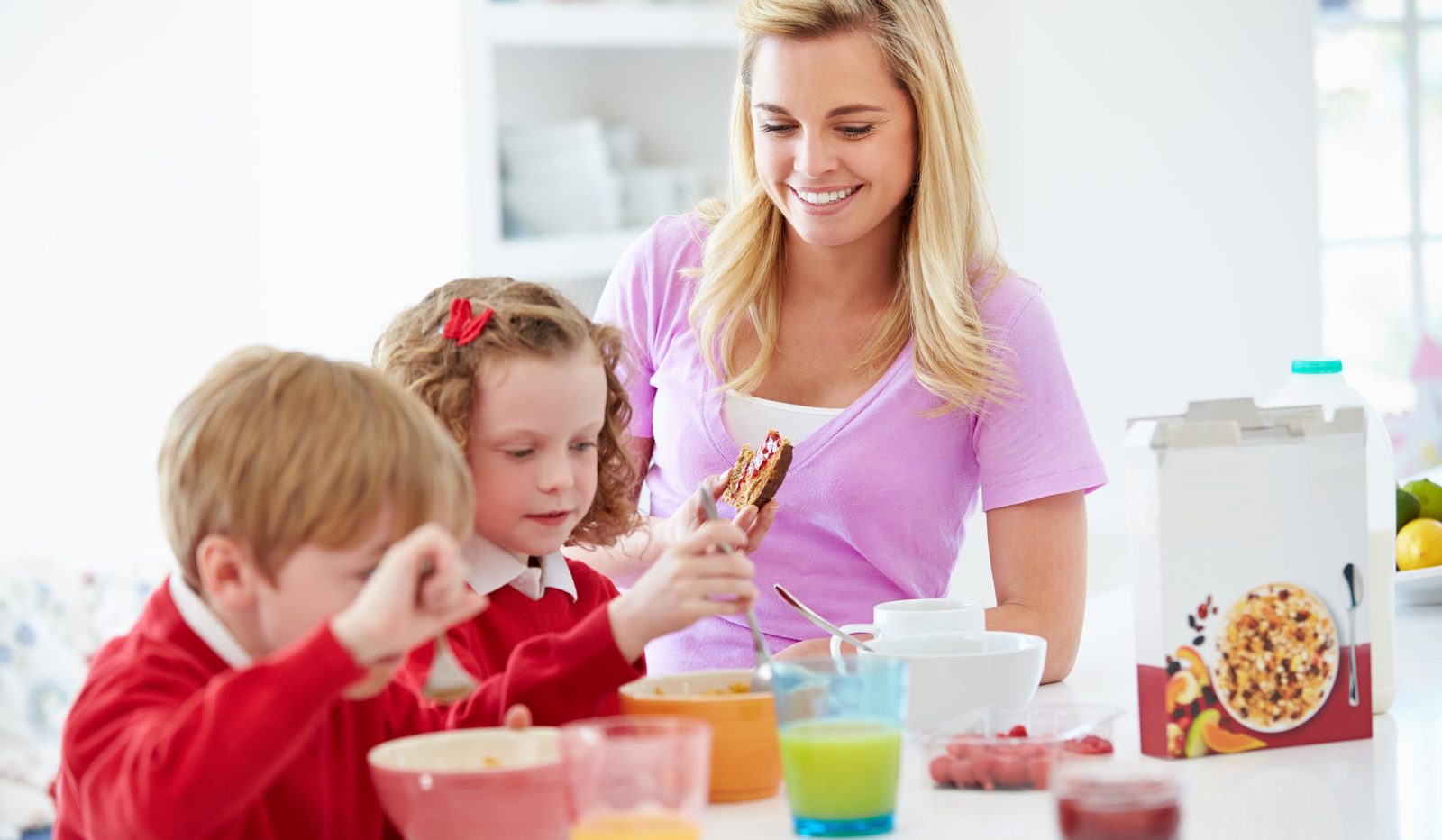 More than 60% of cereals provide over half of the recommended daily sugar intake for four to six-year-olds.
More than 60% of cereals provide over half of the recommended daily sugar intake for four to six-year-olds.
Analysis of the 13 top selling cereals showed images on cereal boxes depicting servings three times the manufacturers’ recommended portion size.
If children were to eat this quantity they would exceed their daily sugar allowance by 12.5% in one bowl.
‘The big thing for me is the normalisation of bigger portion sizes in Britain, which is affecting childhood obesity, adult obesity and oral health,’ study co-author, Maria Morgan, senior lecturer in dental public health at Cardiff University, said.
‘I don’t like parents being hoodwinked by the imagery.
‘I would welcome reformulation of these products.
‘We need to work with the industry on this.
‘I am also worried about food labelling post-Brexit because currently food labelling conforms with EU regulations and going forward we want it as good as, if not better, than what we have now.’
Related stories:
- Kellogg UK cutting the sugar content by up to 40% in its cereals
-
Urgent review of sugar levels in breakfast cereals called for
‘Magical’ cereals
The British Dental Association (BDA) is calling for sweeping changes to food marketing and product formulation.
It suggests using emotive language such as ‘yummy’ or ‘magical’ with reassuring words like ‘quality’, is designed to appeal to parents and children.
Cereals are the second largest contributors of free sugars in children’s diets, making up 8% of the intake for a four to 10-year-old.
‘Breakfast is the most important meal of the day, but sadly marketeers are misleading the public on what constitutes healthy options and acceptable portion sizes,’ Russ Ladwa, chair of the BDA’s Health and Science Committee, said.
‘It’s a toxic mix, with claims on “nutritional benefits” designed to blind consumers to sugar content, images of super-sized portions to encourage overconsumption, and emotive language to fuel pester power.
‘The result is a recipe for tooth decay and obesity.
‘These billboards on our breakfast tables still fall entirely outside advertising regulations for marketing sugary foods to kids.
‘Until Government tightens up marketing rules, and sets concrete targets on reformulation, the UK will miss sugar reduction targets by a country mile.’


